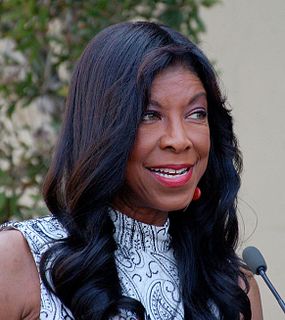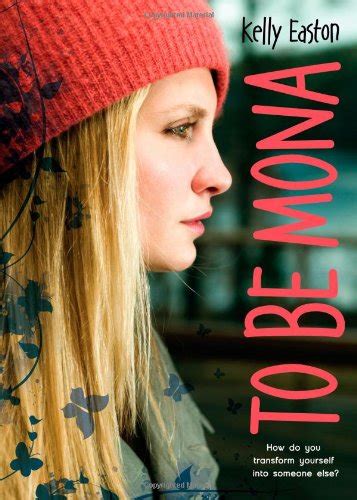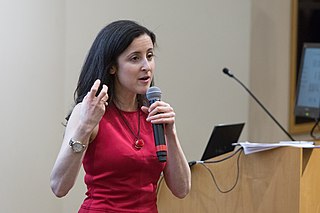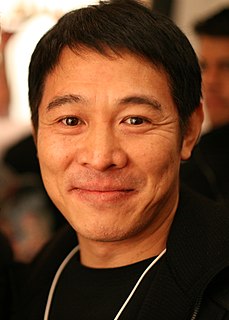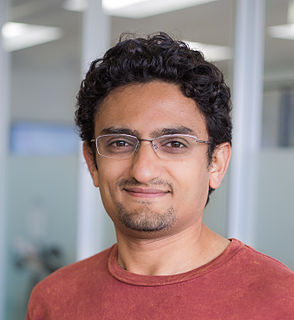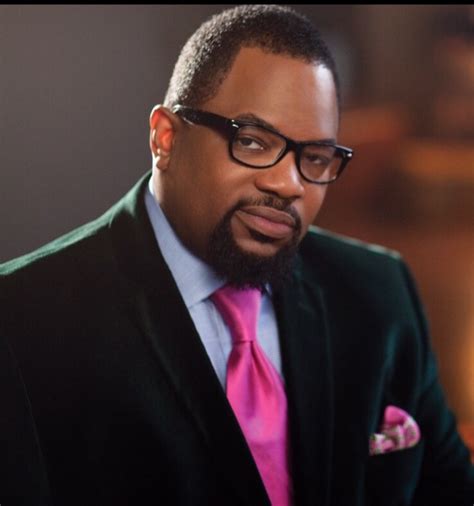A Quote by Art Buchwald
I became a hero to everyone because I didn't take dialysis and was still alive.
Related Quotes
I felt him there with me. The real David. My David. David, you are still here. Alive. Alive in me.Alive in the galaxy.Alive in the stars.Alive in the sky.Alive in the sea.Alive in the palm trees.Alive in feathers.Alive in birds.Alive in the mountains.Alive in the coyotes.Alive in books.Alive in sound.Alive in mom.Alive in dad.Alive in Bobby.Alive in me.Alive in soil.Alive in branches.Alive in fossils.Alive in tongues.Alive in eyes.Alive in cries.Alive in bodies.Alive in past, present and future. Alive forever.
I wish heroes didn't exist. Whenever we need a hero, it's because there's a problem that needs to be solved; it's because two groups of people, or two countries, are hurting one another, so a hero is needed to save us. If everyone were at peace, if everyone were happy, why would we need heroes? The world is better off without heroes.
I do have one regret though. I wish Kathy Acker was still alive. I wish I could go swim with her again. My literary indebtedness to her is enormous. She's a more important mother to me than anyone can possibly imagine. In language I became a daughter worth a crap because of her. In language I redefined daughter, woman, I became a writer. Dora is an homage of sorts.
Part of what we want to do with the Heroic Imagination Project is to get kids to think about what it means to be a hero. The most basic concept of a hero is socially constructed: It differs from culture to culture and changes over time. Think of Christopher Columbus. Until recently, he was a hero. Now he's a genocidal murderer! If he were alive today, he'd say, "What happened? I used to be a hero, and now people are throwing tomatoes at me!
A man can be a hero if he is a scientist, or a soldier, or a drug addict, or a disc jockey, or a crummy mediocre politician. A man can be a hero because he suffers and despairs; or because he thinks logically and analytically; or because he is "sensitive"; or because he is cruel. Wealth establishes a man as a hero, and so does poverty. Virtually any circumstance in a man's life will make him a hero to some group of people and has a mythic rendering in the culture - in literature, art, theater, or the daily newspapers.
I grew up caring about people and I would say again, that's what made me who I am. I became a doctor for what I like to call "healthy reasons." Not because I'm fascinated by the human body or want to understand death, but I like people and I want to help them. That also became my problem, because I couldn't help everyone, I couldn't fix everyone.
We had a big controversy in the United States when there was a limited number of dialysis machines. In Seattle, they appointed what they called a 'God committee' to choose who should get it, and that committee was eventually abandoned. Society ended up paying the whole bill for dialysis instead of having people make those decisions.

